Liz Truss doesn’t want trans people to transition until they turn 18 – but she’s got it all wrong
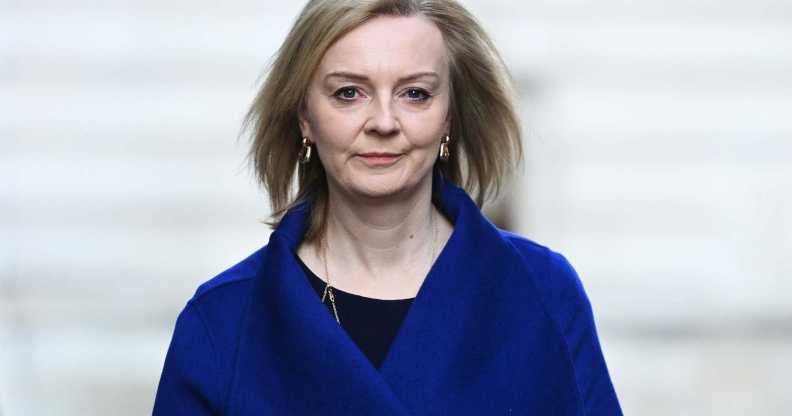
The disgraced former prime minister is the latest Tory to weigh in on social transition at school. (Getty)
The disgraced former prime minister is the latest Tory to weigh in on social transition at school. (Getty)
If you’ve ever had an actual conversation with a trans or non-binary person, you’ll probably know that most develop an intrinsic understanding of who they are at an early age.
The research backs that up. One study, published in 2021, found that a significant majority of trans men (78 per cent) and trans women (73 per cent) experienced gender dysphoria for the first time between the ages of three and seven.
Naturally, that means that many trans and non-binary people will start the process of socially transitioning – such as changing their name, pronouns, or the way they present themselves – at an early age.
Self-expression shouldn’t be particularly controversial, but in the UK, it’s being weaponised by a government intent upon fanning the flames of a culture war that is rapidly spiralling out of control. In recent months, the government has reportedly considered banning social transition in schools entirely, and ministers have repeatedly used their platforms to speak out against trans youth being themselves.
Liz Truss is the latest influential Tory to weigh in to the debate. Speaking to The Times, the shortest-serving prime minister in UK history claimed that transitioning is “not a neutral act” and said it should “not be officially sanctioned before a young adult has the full decision-making capability to understand the consequences at the age of 18”.
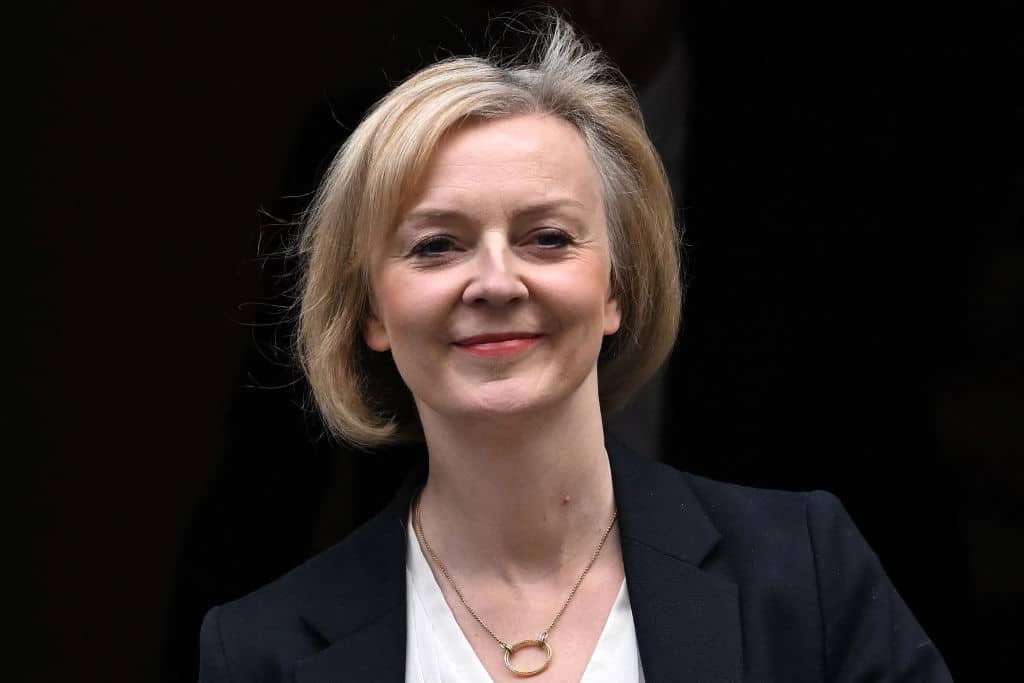
But what the government doesn’t seem to realise is that most trans and non-binary people know who they are long before they turn 18 – and trying to stop them from being themselves won’t change a thing.
That’s why we asked trans and non-binary people to share the moment they came to understand who they were. Unsurprisingly, all of those who shared their stories knew they were trans or non-binary before they turned 18 – and those who transitioned while still at school fought to the end to be recognised for who they were, even when teachers tried their best to hold them back.
Ash Jayy was seven years old when he realised he was trans
Ash Jayy, now 21, says he first realised he was trans after reading one of Enid Blyton’s Famous Five books at the age of seven. Like many other queer people, he found himself identifying with George, the tomboy who rails against gender expectations and roles.
“Little seven-year-old me went into school and announced that my name was George and I was a boy now. We actually had a substitute teacher that day and when she read out my name on the register, I cheerfully corrected her that ‘actually, my name is George’,” Ash tells PinkNews.
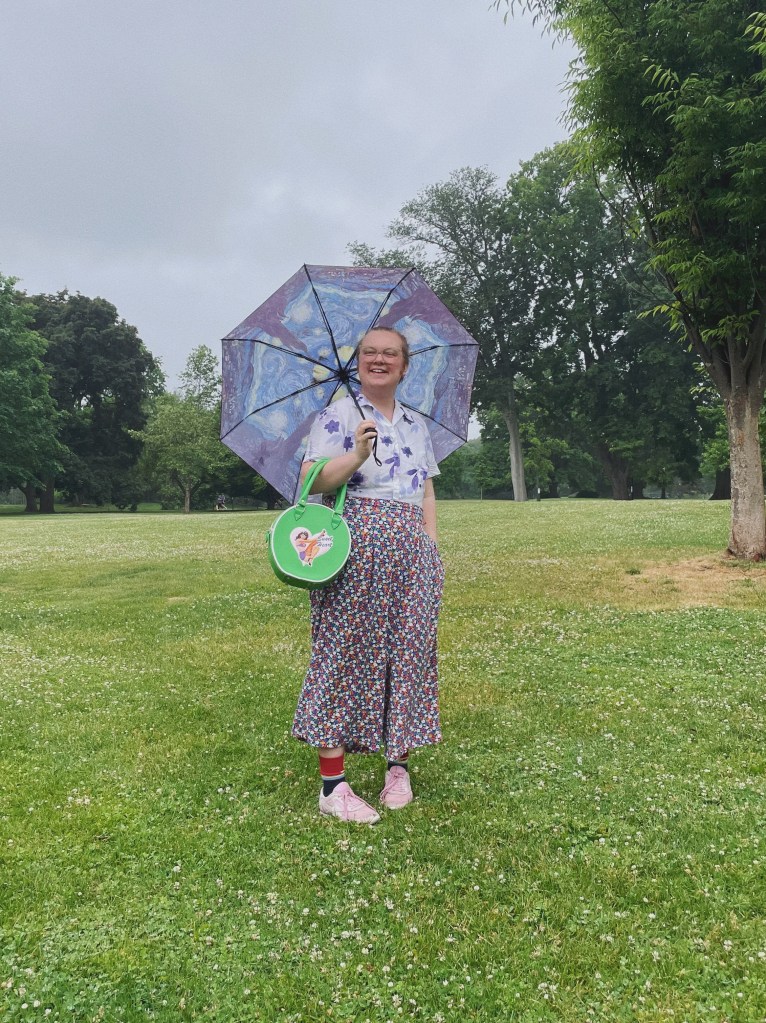
“My little transition only lasted a few days. Kids started to get really mean about it, teachers refused to use my new name and when I tried to use the boys’ toilet one lunchtime I was physically pushed out by another kid a few years above me.
“I went back in the closet after that but I never forgot the little moment of joy I felt when I announced that I was a boy for the first time.”
A few years later, at the age of 13, Ash came out as genderqueer. A few months later, he announced that he was a boy and started using he/him pronouns. Coming out at school was “incredibly isolating”, and Ash was subjected to abuse and bullying from his peers. Even worse was the reaction from school staff, who consistently treated his gender identity as a problem to be solved.
“I had to grow up way too quickly after coming out. At 13, I was studying laws and policies to see what protections I had because of how constant the transphobia had become.
“One time, I tried to report a particularly nasty transphobic incident in which I’d been verbally and physically assaulted to our school police liaison, but that resulted in him taking me into a room alone and telling me that ‘if I insisted on pretending to be a boy then I had to get used to people who didn’t approve of it’.
“He did absolutely nothing to protect me and that incident taught me another lesson I was way too young to learn: the police wouldn’t protect me, I had to look out for myself.”
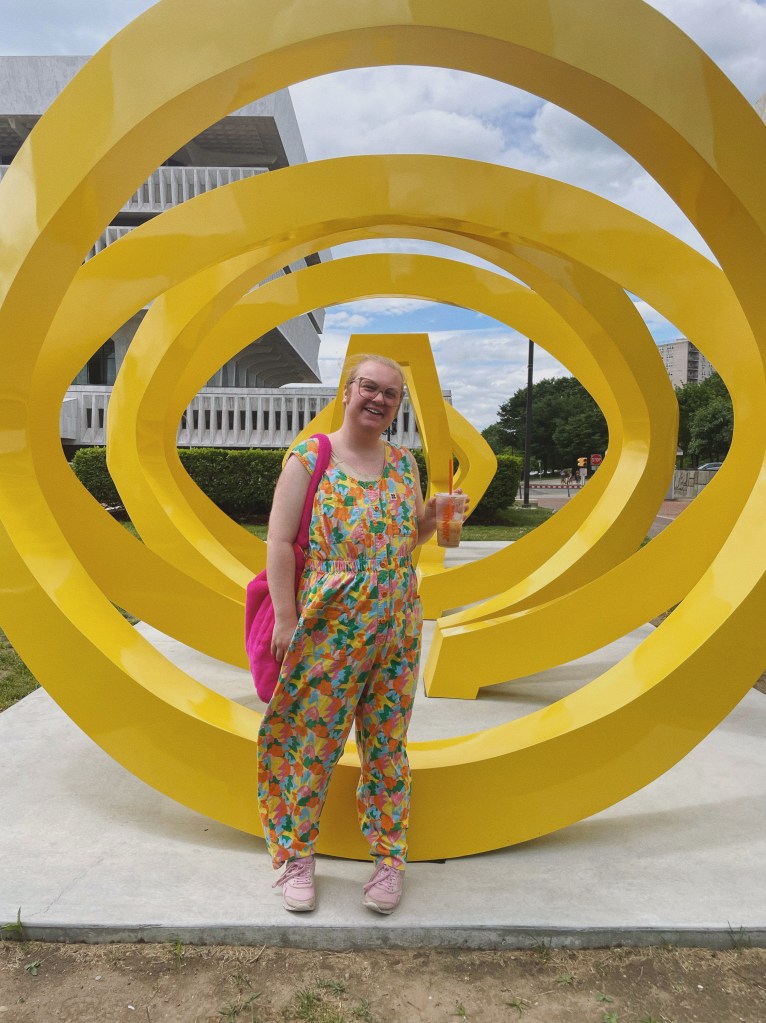
There were a few teachers who supported Ash through is transition. He recalls a science teacher and a PE teacher who made him feel included – but others refused to use his correct name or pronouns, and staff regularly turned a blind eye to the abuse and bullying he was subjected to.
Growing up trans wasn’t easy for Ash, but despite all the roadblocks adults threw in his way, he has never wavered in who he is. That’s why he’s so incensed by the government’s attempts to stop young people from transitioning.
“No matter what they try, they’re never going to stop trans kids from transitioning,” he says.
All they will succeed in doing is making school an even more hostile space for trans youth.
“I wrote a will at 13 years old. If I died, I wanted any pocket money I had left to be donated to trans charities. I wanted my teddy bears and toys to be donated to children in hospital. Except my favourite teddy, Bessie, who I wanted to be buried with,” Ash says.
He wants government ministers to know that the climate of transphobia they’re creating is “forcing children to prepare for their deaths at the hands of people so blinded by hatred that they’ll kill a child for simply existing”.
“No 13-year-old deserves to have to prepare for the aftermath of their own murder. You have the power to make sure the next generation of trans kids doesn’t have to.”
Dylan Lewis-Creser was 16 when they realised they were non-binary
When Dylan Lewis-Creser was 16, they had a “big realisation” about their gender identity.
It started when they realised people had started using the prefix “Mr” to refer to them. It felt wrong.
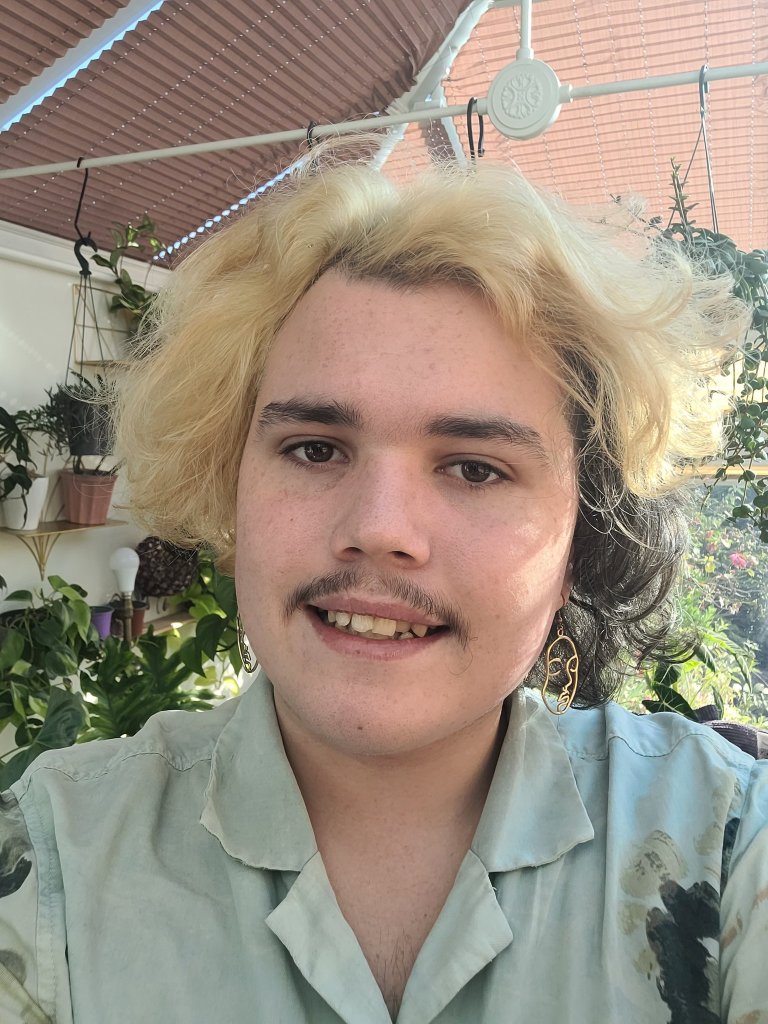
It was a small moment of awakening that led to them eventually coming out as non-binary in 2020.
“I went through the process that a lot of non-binary people do, of sequentially changing pronouns from he/him to he/they to they/he to finally they/them,” Dylan says. Eventually, they stopped following their sixth form’s gendered dress code and started wearing clothes they were more comfortable in.
As far as Dylan sees it, the UK government “doesn’t understand the realities of school in the 21st century”.
“The vast majority of people were respectful to me when I came out and started presenting differently, and having a top-down approach from the government forcing people to change their language away from acceptance just won’t work.”
They want the government to show trans and non-binary people the basic respect they deserve – to realise that they know who they are.
“My identifying as non-binary, and others identifying as trans men, trans women, or any number of other terms, doesn’t diminish the rights of anyone. Everyone, including trans children, deserve the right to feel safe and secure in life, and your feigning of concern does nothing but fuel hatred and fear among people, contributing to an even worse society to be in for trans and non-binary people.”
John Junior started his coming out journey at 14
Like many other queer people, John Junior started the process of coming out at a young age – but it took some time before he fully found himself.
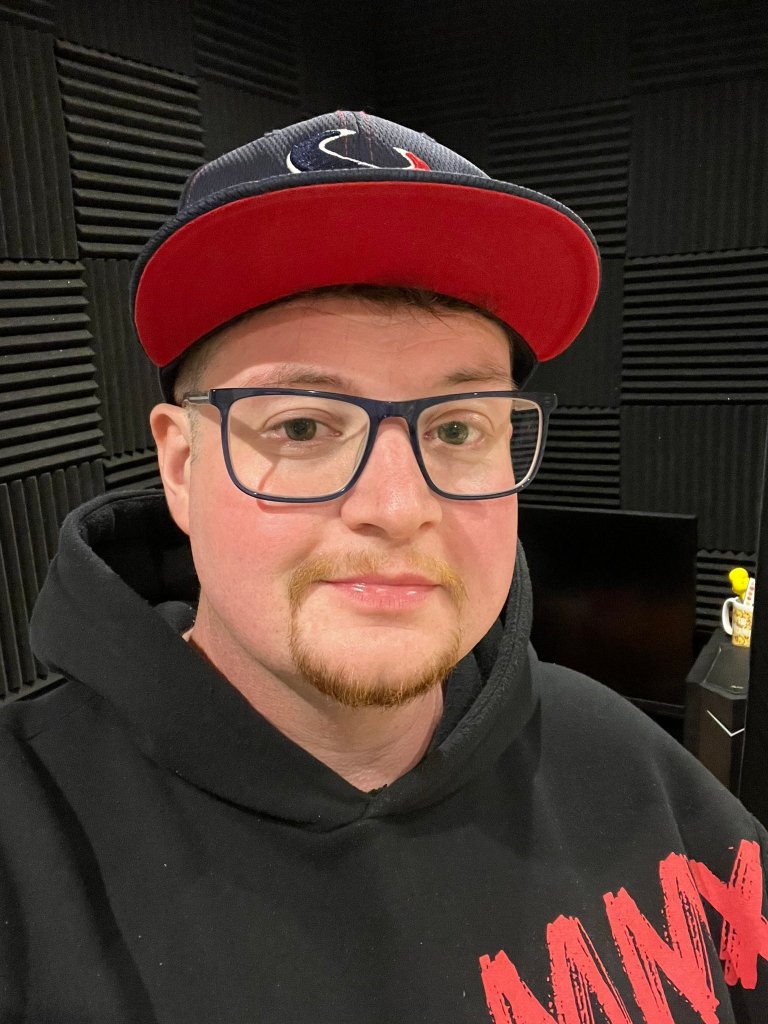
He was just eight years old when he started to realise that the gender he had been assigned at birth didn’t match up with how he felt.
“I realised I was non-binary when I was 11 years old. I wasn’t in the right body and wanted a sex change.”
Shortly afterwards, John was diagnosed with a rare chromosomal disorder which led to him being put on hormone treatments. By the time he was 14, he felt increasingly unsure about his identity.
“I thought I was gay, bisexual, and straight. I always got laughed at at school because I wanted to be called Rachel … I used to run away a lot from school and home due to this,” he says.
“I felt alone and people bullied me, caused me to self-harm as I thought there was something wrong with me.”
John, who is now 34 and is openly non-binary, knows firsthand that trying to hide who you are doesn’t work.
“You have to be you and don’t hide who you are – it will cause a lot of distress, frustration and mental health problems.”
As far as he’s concerned, people like Rishi Sunak and Liz Truss “have no clue” what they’re talking about when they weigh in on trans issues.
“They haven’t been through it so they don’t understand. They can have an opinion yet that doesn’t matter as they don’t understand it.
“If they stop someone from expressing who they are and they hide it, it will just cause huge mental health issues when they are older like it has for myself and thousands of people I talk to.”

